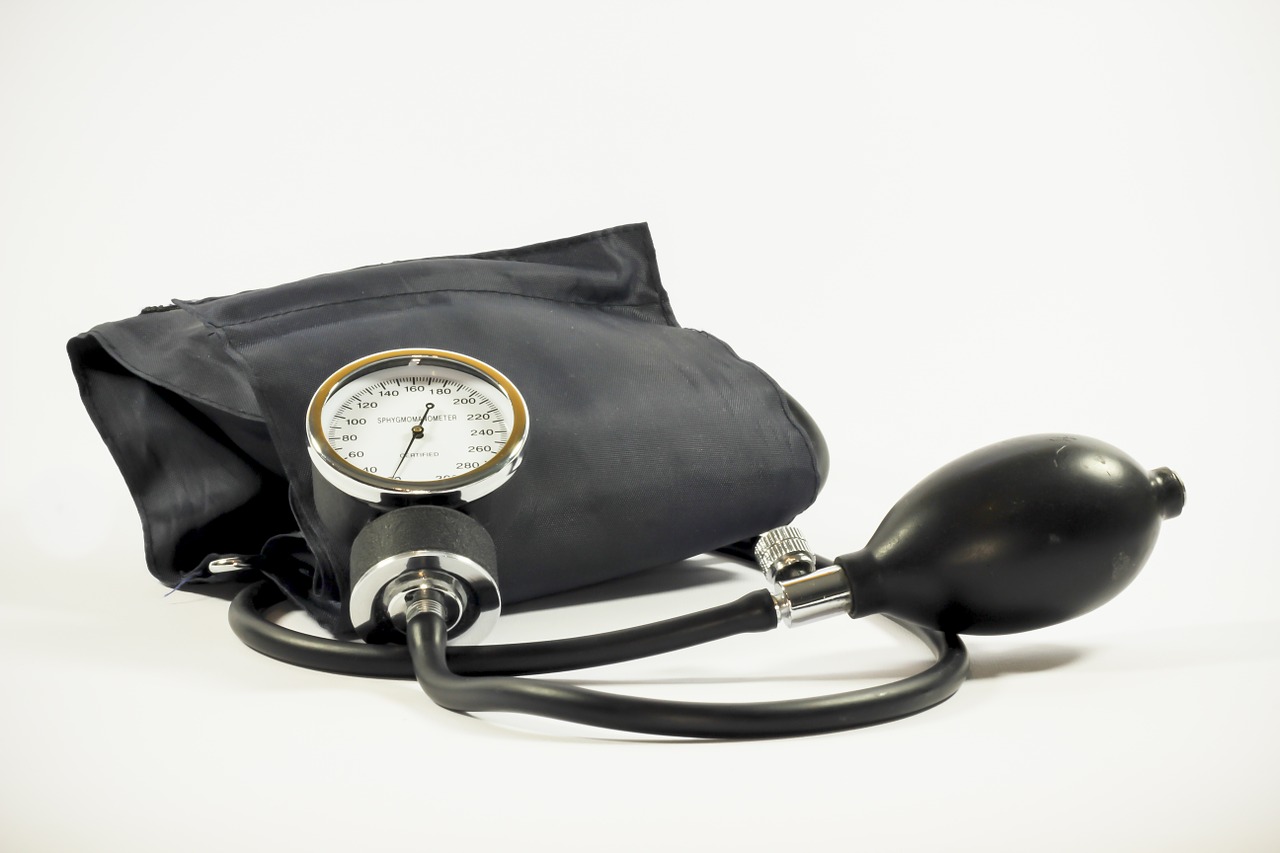Taking supplements or eating foods rich in the nutrient magnesium could be the key to lowering blood pressure. In a new study led by Dr. Yiqing Song, Associate Professor of Epidemiology at Indiana University’s School of Public Health, data was pooled from 34 different clinical trials on over 2,000 people. According to a report in Medical News Today, once studied, the data showed a link between higher levels of magnesium in participant’s bodies and regulated blood pressure.
The research found that participants who consumed 368 mg of magnesium everyday for three months showed a decrease in systolic blood pressure of 2 millimeters of mercury (mm Hg) and a decrease in diastolic blood pressure of 1.78 mm Hg. The participants all had a daily magnesium intake between 240 mg to 960 mg.
Cardiologist Dr. Suzanne Steinbaum who works at Lenox Hill Hospital in New York City and was involved in reviewing the research said, ‘Magnesium dilates arteries, and in doing so lowers the blood pressure.’
Magnesium dilates arteries, and in doing so lowers the blood pressure. Foods high in magnesium include whole grains, beans, nuts and green leafy vegetables.
The study has also shown that taking magnesium supplements may not be necessary for those who follow a balanced, healthy diet. Though those who have a magnesium deficiency can greatly benefit from an extra intake of magnesium to safely lower blood pressure. Dr. Steinbaum went on to stress the importance of healthy eating, saying clinicians need to portray how important it is ‘not only for all the cholesterol lowering and sugar-modulating benefits, but for ensuring an adequate amount of magnesium in the blood.’
Steinbaum stated that “As clinicians, we need to stress the importance of a well-balanced meal, not only for all the cholesterol lowering and sugar-modulating benefits, but for ensuring an adequate amount of magnesium in the blood.”
Checking magnesium levels as part of a screening for heart health may become an essential part of prevention and for treatment of blood pressure.
According to Live Science, there are no side effects of magnesium overdose, as our bodies are able to excrete excess magnesium in urine. However, people who take excessive magnesium supplements may feel side effects like stomach cramps and nausea.
The top 10 foods for natural sources of magnesium are: Spinach, Chad, Pumpkin seeds, Yogurt or kefir, Almonds, Black beans, Avocado, Figs, Dark Chocolate and Banana.
The analysis of the study was first published on July 11th in the journal Hypertension.
[Updated to credit a quote to Dr. Steinbaum and to include the top 10 sources of food rich in magnesium.]
























